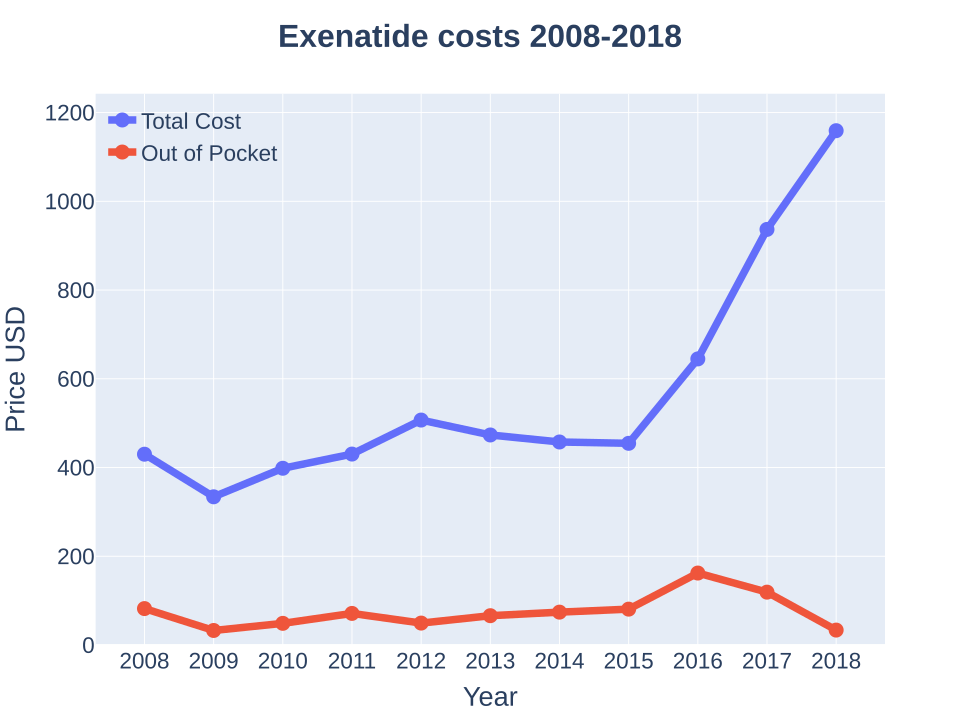£3.3 Million Grant to Study Fungal Triggers of Eczema

A collaborative research initiative led by the University of Exeter, in partnership with King's College London, has secured a £3.3 million grant from the Medical Research Council (MRC) to investigate the role of fungi in the pathogenesis of eczema. This five-year project aims to uncover how skin-dwelling fungi, specifically Malassezia species, may contribute to the development of atopic dermatitis, the most prevalent skin condition worldwide, affecting approximately one in five children and one in ten adults.
Eczema, or atopic dermatitis, is characterized by itchy, inflamed skin that can lead to chronic sleep disturbances and is often associated with food and respiratory allergies, as well as mental health issues such as anxiety and depression. Current treatments are not universally effective, and there is no definitive cure, highlighting the importance of this research.
The study will be spearheaded by Professor Salomé LeibundGut-Landmann of the MRC Centre for Medical Mycology at Exeter, alongside co-leads Professor Carsten Flohr and Dr. Helen Alexander from King's College London, and Professor Neil Gow from Exeter. "This substantial research grant allows us to deepen our understanding of how fungi can drive eczema, a prevalent and debilitating condition," stated Professor LeibundGut-Landmann. The research will focus on three key objectives: understanding how the immune system regulates Malassezia populations on the skin, identifying alterations in fungal or immune responses that lead to eczema, and exploring whether modifying the skin's fungal community could enhance treatment outcomes, particularly in challenging cases.
According to Professor Carsten Flohr, Chair in Dermatology and Population Health Sciences at King's College London, this research represents an exciting interdisciplinary collaboration aimed at elucidating the complex interactions between fungi and the skin immune system. The findings could pave the way for innovative treatment strategies that target the fungal components of eczema, potentially leading to tailored therapies and improved patient outcomes.
Fungi such as Malassezia are a normal part of the skin microbiome, yet they can provoke adverse immune responses in susceptible individuals. The researchers plan to utilize fungal samples from eczema patients and experimental models to investigate the dynamics of these interactions. This work is particularly crucial given the rising prevalence of eczema and the burden it places on healthcare systems and affected individuals.
The implications of this research extend beyond eczema treatment, as understanding the fungal-immune system relationship may have broader applications in dermatology and immunology. As Professor LeibundGut-Landmann emphasized, the convergence of clinical and basic research is essential for translating scientific discoveries into tangible health benefits for patients.
In conclusion, the £3.3 million grant awarded to this consortium marks a significant step towards elucidating the complexities of eczema and the potential role of fungi in its pathogenesis. As the research progresses, it holds the promise of not only enhancing treatment options but also improving the quality of life for millions suffering from this chronic condition.
Advertisement
Tags
Advertisement





